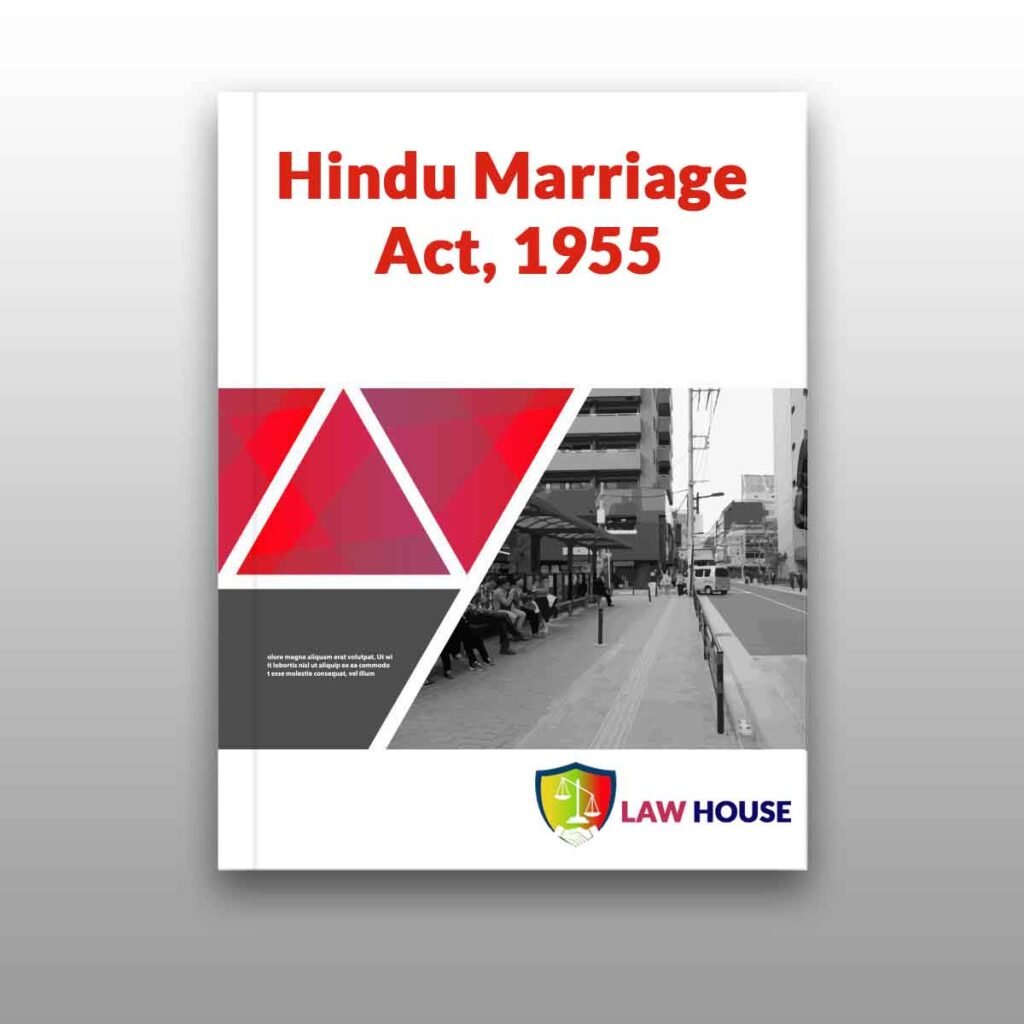We are certified, bonded, authorised, professional, experienced and reliable Law Firm, Serving in Kolkata Area since 1984. We now provide Notary services in Kolkata area and rest of West Bengal including other 28 states of India and the list of services that we offer has grown to also include Affidavit, Agreement, Attestation, Will, Deed, Gift, Power of Attorney, Registration of Flat & Land, Marriage Registration, Divorce, Maintenance, Cyber Crime cases, Consumer cases etc.
Our aim to provide cost-effective complete legal solutions to our esteemed Clients. Team Law House adopts the highest standards of professionalism. We have a team of independent professionals with domain expertise in diverse legal matters exhibiting proven competence and integrity with a unique combination of local insights and global perspectives. Our strength lies in the quality of its lawyers. Their depth of specialization is combined with breadth of experience and a keen commercial focus.




How to get legal heir succession certificate?
Legal status of Live-In Relationship in India?
Women, know your rights before getting married: Rights of daughters-in-law in India?
Looking to adopt a child? Everything you need to know before adopting
What are the Rights in live-in relationships?
Can a married daughter be a part of HUF?

![Honey trap in Cybercrime: A to Z guide Exploring Honey Trap in Cyberspace [With Video]](https://www.lawhousekolkata.com/wp-content/uploads/Post-Images/Honey-Trap-300x169.jpg)



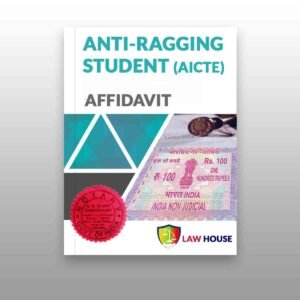 Anti Ragging by Student (AICTE)
Anti Ragging by Student (AICTE)
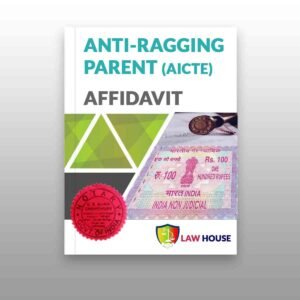 Anti Ragging by Parent (AICTE)
Anti Ragging by Parent (AICTE)
 Rent Agreement -- Leave & License (11 Months) [Premium]
Rent Agreement -- Leave & License (11 Months) [Premium]






![Honey trap in Cybercrime: A to Z guide Exploring Honey Trap in Cyberspace [With Video]](https://www.lawhousekolkata.com/wp-content/uploads/Post-Images/Honey-Trap-300x169.jpg)






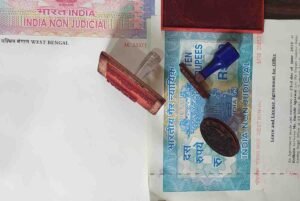
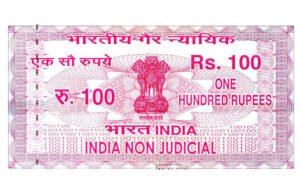






![Honey trap in Cybercrime: A to Z guide Exploring Honey Trap in Cyberspace [With Video]](https://www.lawhousekolkata.com/wp-content/uploads/Post-Images/Honey-Trap-300x169.jpg)



 Non Judicial Stamp Paper Rs.500
₹800.00
Non Judicial Stamp Paper Rs.500
₹800.00
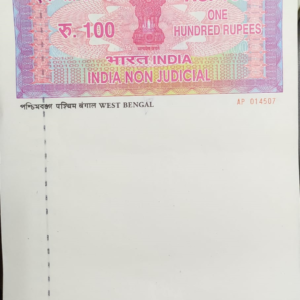 Non Judicial Stamp Paper Rs.100
Non Judicial Stamp Paper Rs.100
 Non Judicial Stamp Paper Rs.50
₹170.00
Non Judicial Stamp Paper Rs.50
₹170.00
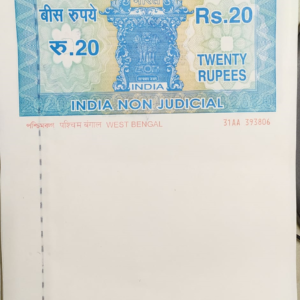 Non Judicial Stamp Paper Rs.20
₹120.00
Non Judicial Stamp Paper Rs.20
₹120.00
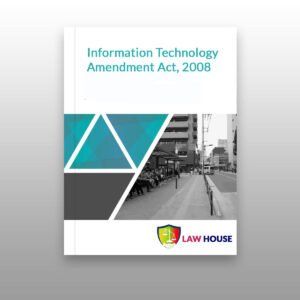 Information Technology Amendment Act, 2008
Information Technology Amendment Act, 2008
No-Objection for GST Registration
K.M.C Mutation Affidavit
No-Objection by Landlord
Gap in Employment
PF cum Indemnity Bond

3/53, Bijoygarh,Jadavpur, Kolkata,
West Bengal 700032
Monday : 9am – 9pm
Tuesday : 9am – 9pm
Wednesday: 9am – 9pm
Thrusday : 9am – 9pm
Friday : 9am – 9pm
Saturday : 9am – 9pm
Sunday : Closed
Linkdin
No products in the cart.
 Non Judicial Stamp Paper Rs.500
₹800.00
Non Judicial Stamp Paper Rs.500
₹800.00
 Non Judicial Stamp Paper Rs.100
Non Judicial Stamp Paper Rs.100
 Non Judicial Stamp Paper Rs.50
₹170.00
Non Judicial Stamp Paper Rs.50
₹170.00
The Hindu Marriage Act, 1955 provides a remedy under Section 9 in the form of restitution of conjugal rights if someone’s spouse has left without giving any reasonable grounds. Section 9 of the HMA reads that when either the husband or the wife has, without a reasonable excuse, withdrawn from the society of the other, the distressed party may apply for restitution of conjugal rights.
The party in distress can file a petition to the respective district court after which the court records the statements of both parties made in the petitions and if the court finds no legal ground as to why the application should not be granted, the judge may decree restitution of conjugal rights in the aggrieved’s favor.
Firstly, one party must have withdrawn from the society of the other; secondly, the withdrawal must be without any reasonable reason, and thirdly, the aggrieved party applies for the restitution of conjugal rights.
Once these conditions are fulfilled, the district court may decree of restitution of conjugal rights to bring about cohabitation between the estranged parties.
If the court is not convinced and finds the petitioner guilty then the decree of restitution of conjugal rights is not granted.
If the parties are not following the decree for cohabitation after the passing of the decree, continuously for about a year, it becomes a ground for divorce under Section 13.
First, if the respondent has a ground on which he or she can claim any matrimonial relief;
Second, if the petitioner is guilty of any matrimonial misconduct;
Third, if the petitioner is guilty of such act, omission or conduct which makes it impossible for the respondent to live with him; for instance, husband’s neglect of his wife or the constant demand for dowry, etc. are some reasonable ground for the wife not to join the company of her husband.
The burden of proof is on the aggrieved/petitioner who needs to prove that the respondent has withdrawn from his society. Once that burden is discharged by the petitioner, it falls on the respondent to prove that there exists a reasonable excuse for the withdrawal.
Related Topic:
Your email address will not be published. Required fields are marked *
The Complete Legal Solution
3/53, Bijoygarh, Jadavpur, Kolkata, West Bengal 700032
09:00–21:00
09:00–21:00
Closed
We are certified, bonded, authorised, professional, experienced and reliable Law Firm, Serving in Kolkata Area since 1984. We now provide Notary services in Kolkata area and rest of West Bengal including other 28 states of India and the list of services that we offer has grown to also include Affidavit, Agreement, Attestation, Will, Deed, Gift, Power of Attorney, Registration of Flat & Land, Marriage Registration, Divorce, Maintenance, Cyber Crime cases, Consumer cases etc.
3/53, Bijoygarh, Jadavpur, Kolkata, West Bengal 700032

